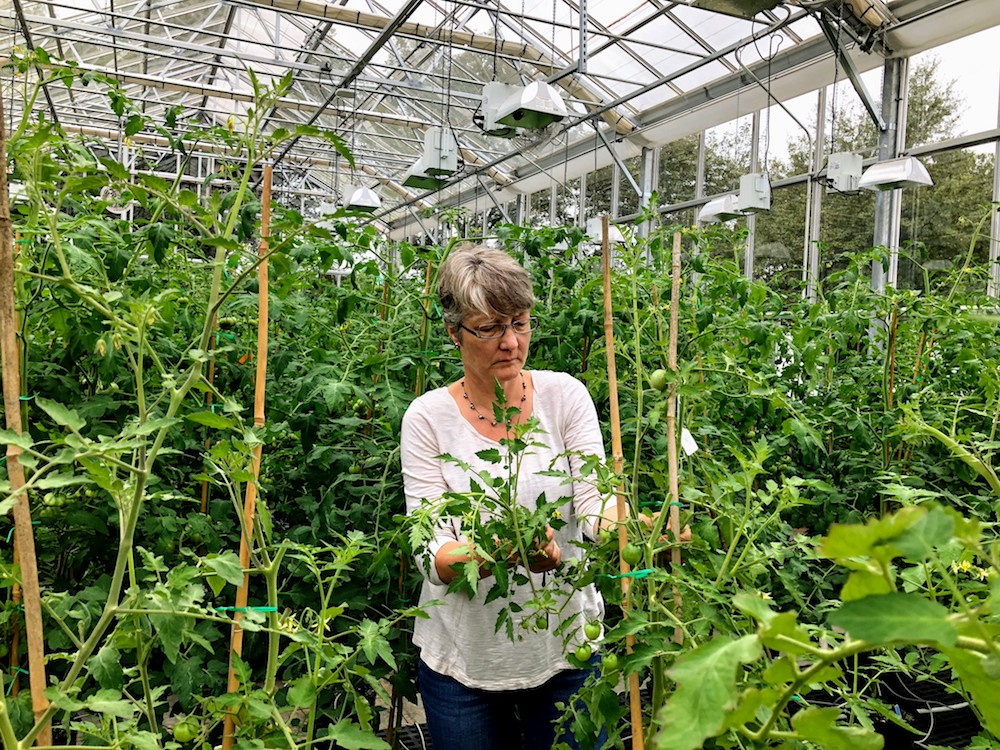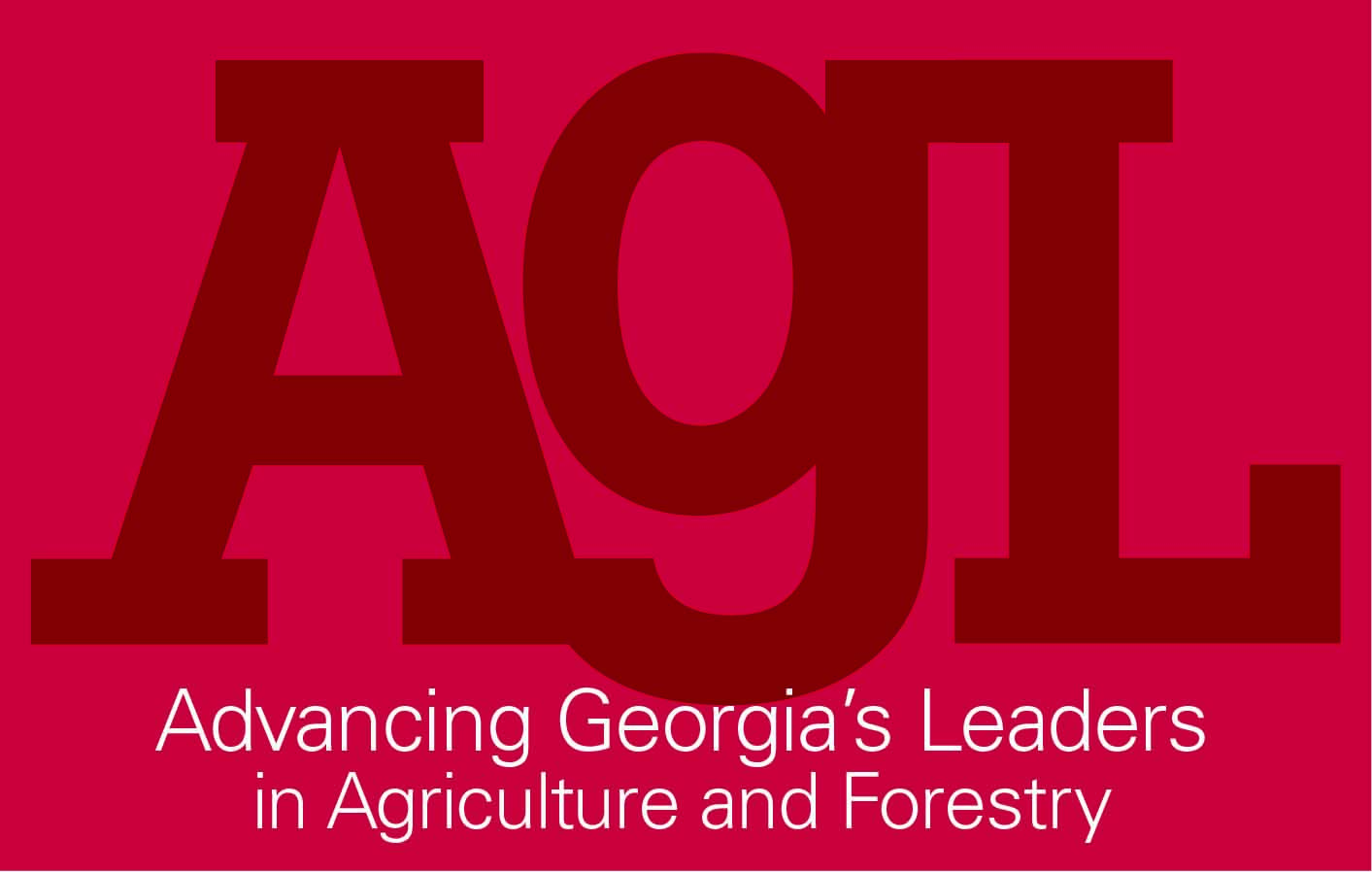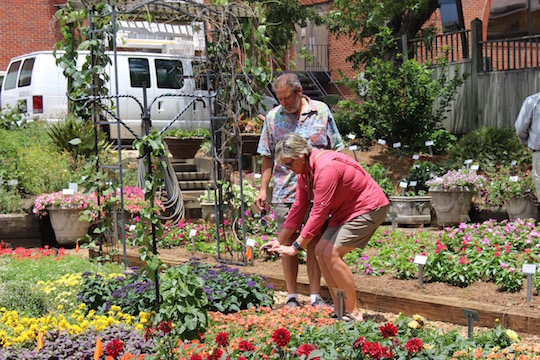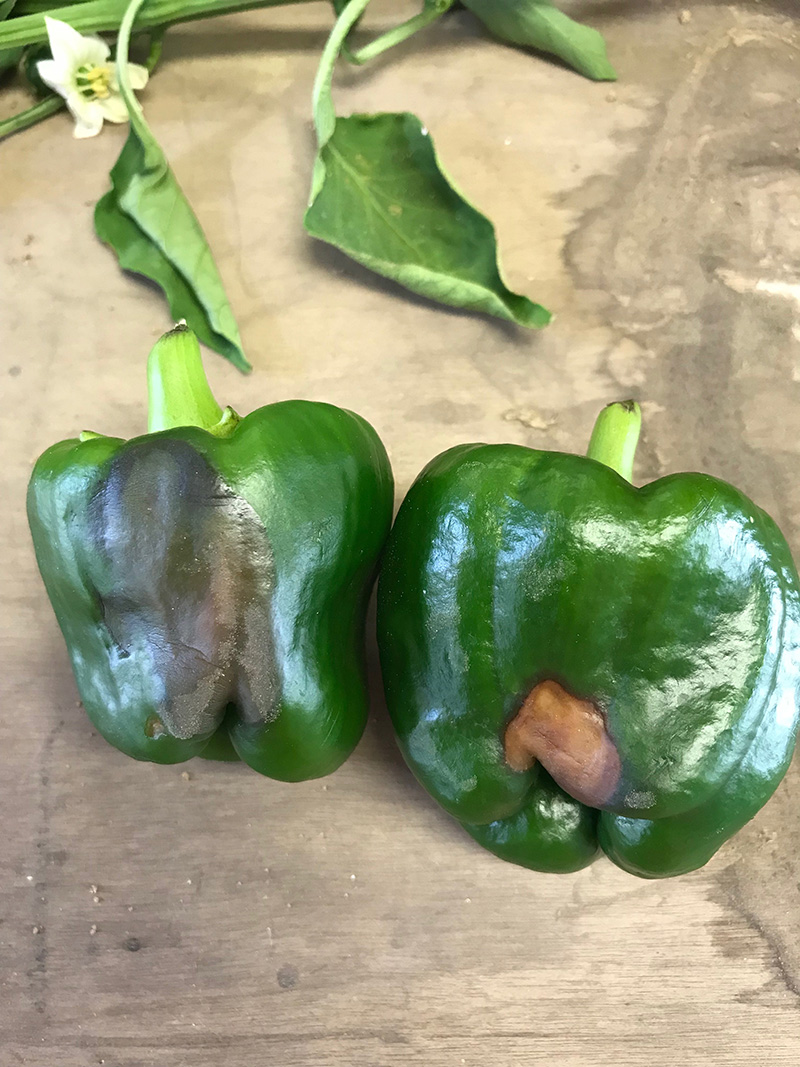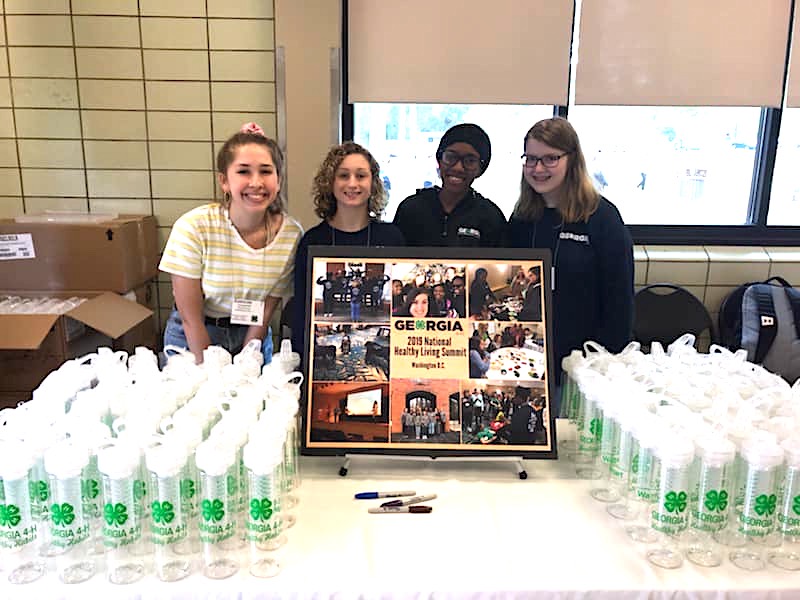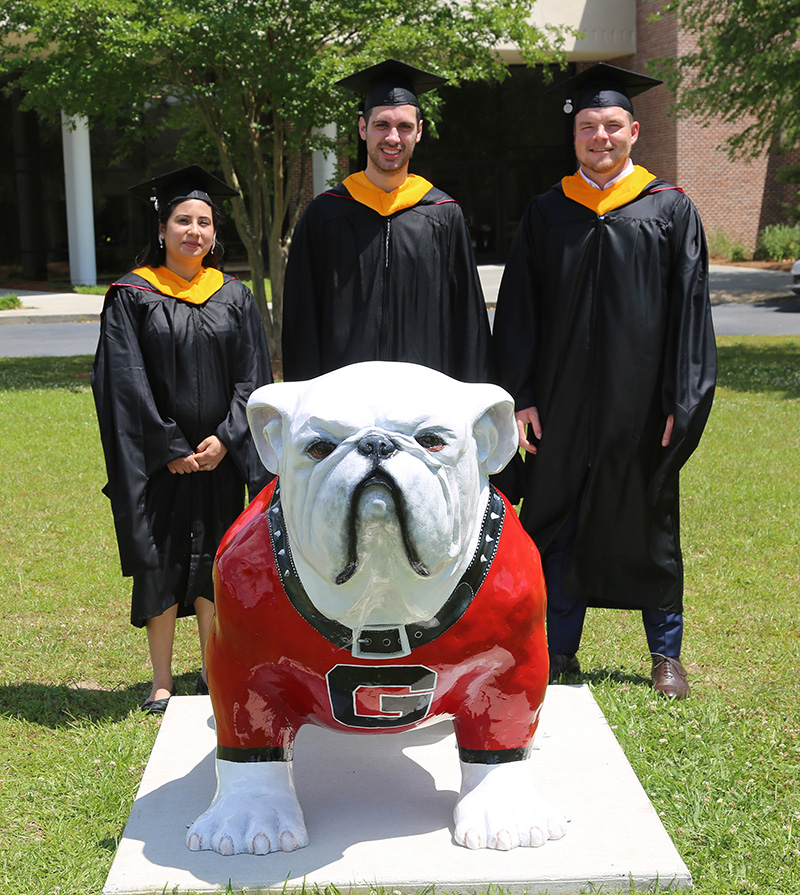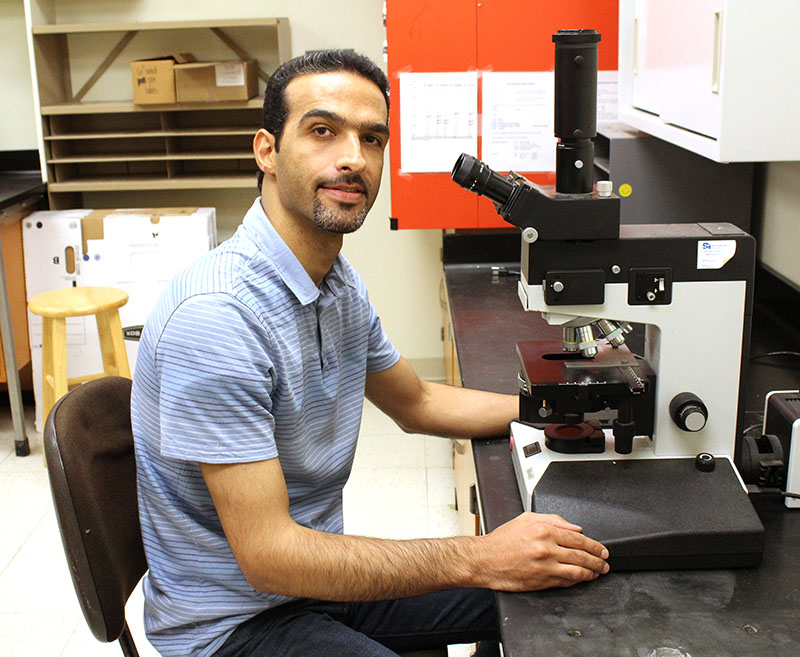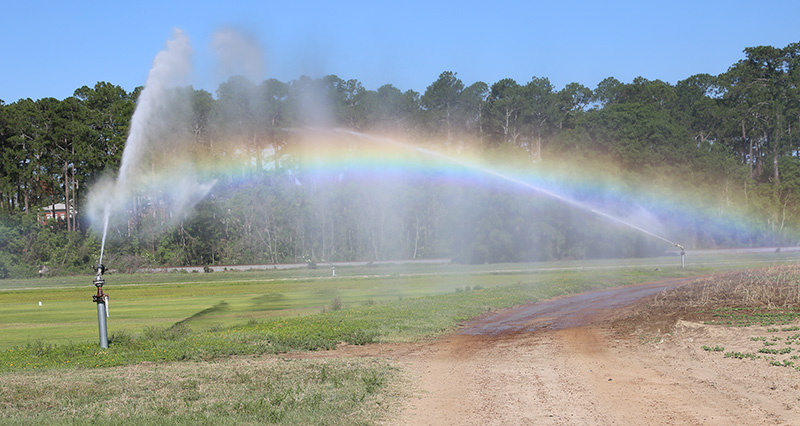 CAES News
CAES News
UGA taps South Carolina professor to head hospitality and food industry management major
After years of teaching and researching hospitality industry management at the University of South Carolina Beaufort, John Salazar knows hospitality is as much a science as it is an art.

